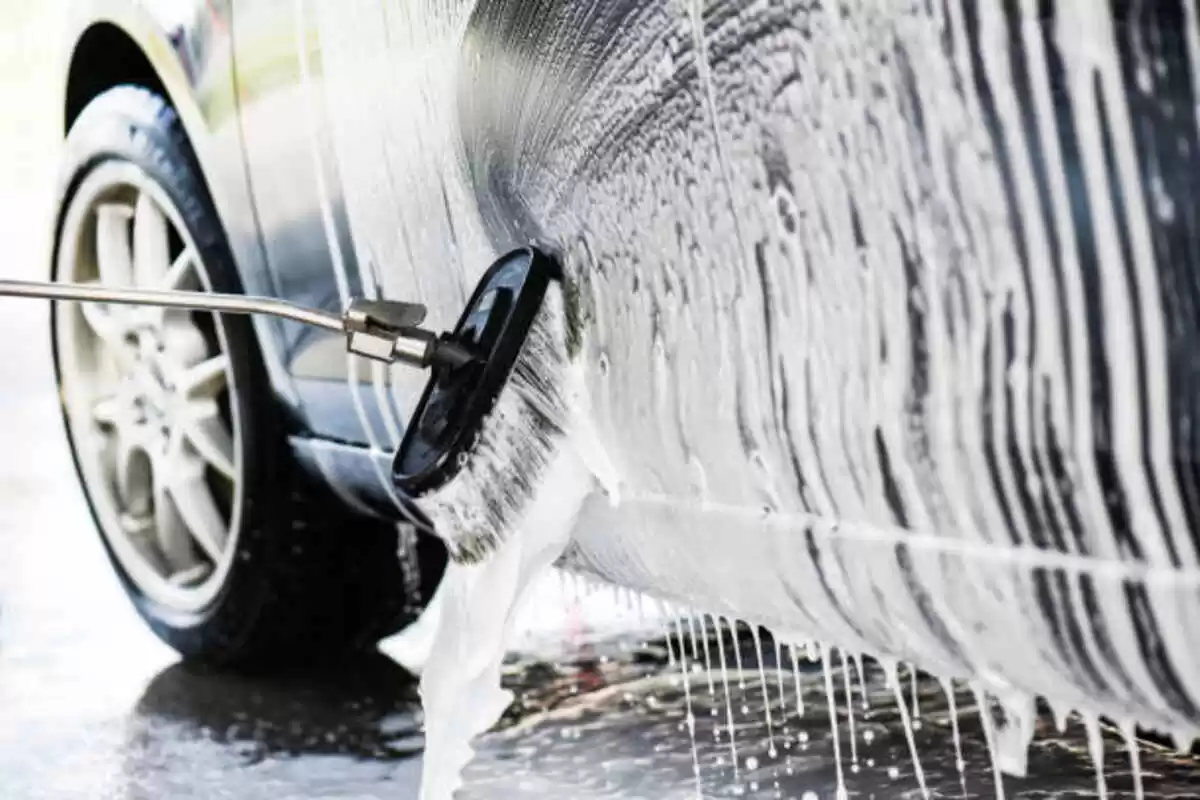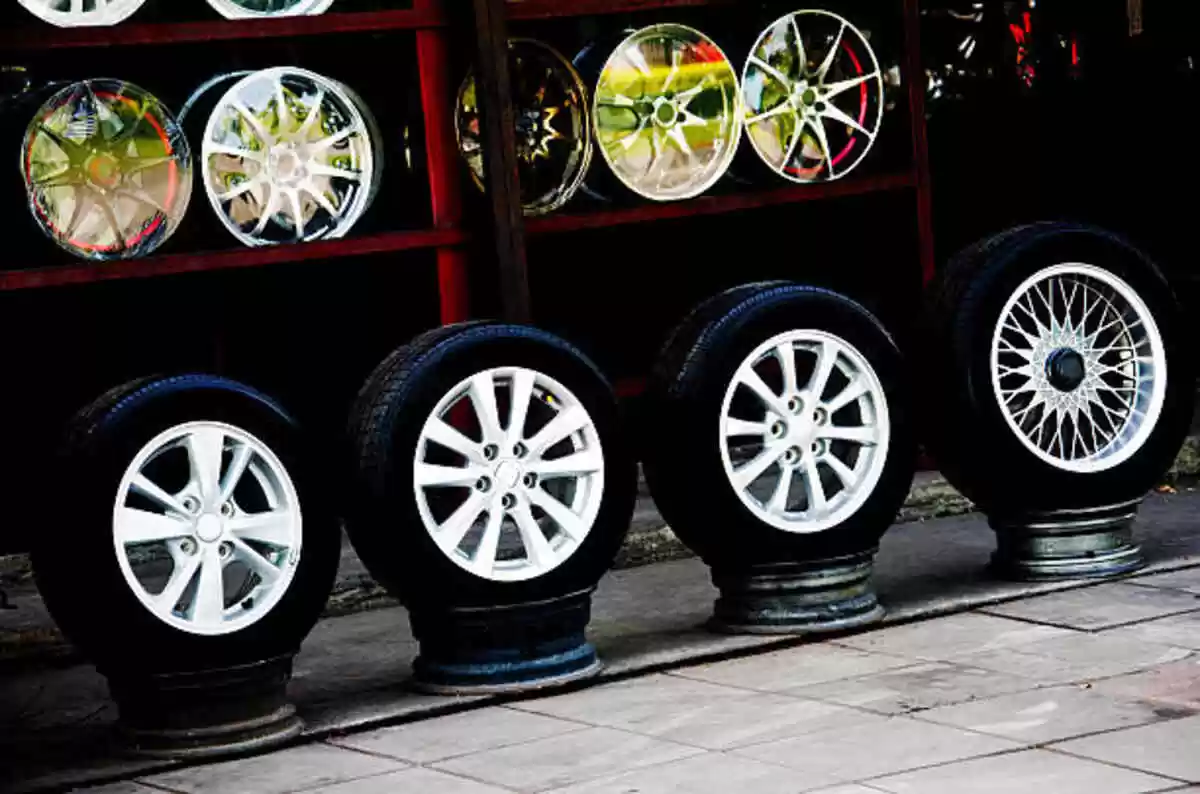Then there’s the European Union Battery Directive ruling, designed to reduce the CO2 in battery production. That ruling again forces automakers to inspect the value chain and, ideally, localize it.
From July 2027, batteries in vehicles sold in the EU must “comply with carbon footprint thresholds,” according to legislation. The exact thresholds haven’t been agreed to yet. But Mercedes pointed out in its 2021 company report that the production of an all-electric vehicle generates about twice as much CO2 as producing a conventional combustion-engine vehicle — “primarily due to the lithium-ion batteries.”
As automakers look for new ways to cut CO2 from their entire manufacturing process, it is certain to affect supply chain decisions.
“Every electric car sold increases the importance of the upstream supply chain for the climate footprint,” BMW CEO Oliver Zipse said in a speech at the company’s annual general meeting last month. For its Neue Klasse (New Class)-platform electric cars, BMW is “taking CO2 emissions and the percentage of secondary [recycled] material into account as criteria for selecting suppliers,” he said.
That strategy might generate higher wage costs, but it gives an advantage to local suppliers, given the high levels of renewable energy generated by some European countries.
“The whole Northvolt setup [in Sweden] is done in a very, very sustainable way using predominately hydroelectricity,” Volvo’s Rowan said.
Not everyone is convinced that supply chains will move from global to local. Global trade has been too beneficial and too entrenched after the last 30 years to change, Mercedes-Benz CEO Ola Källenius argued at the Financial Times event.
“To move away from that is not the right thing,” he counseled. “Sourcing will become more sophisticated, maybe a little bit more complex, but to believe that the overall economic system will go into some kind of a re-regionalization — well, I think it would be the wrong goal.”





